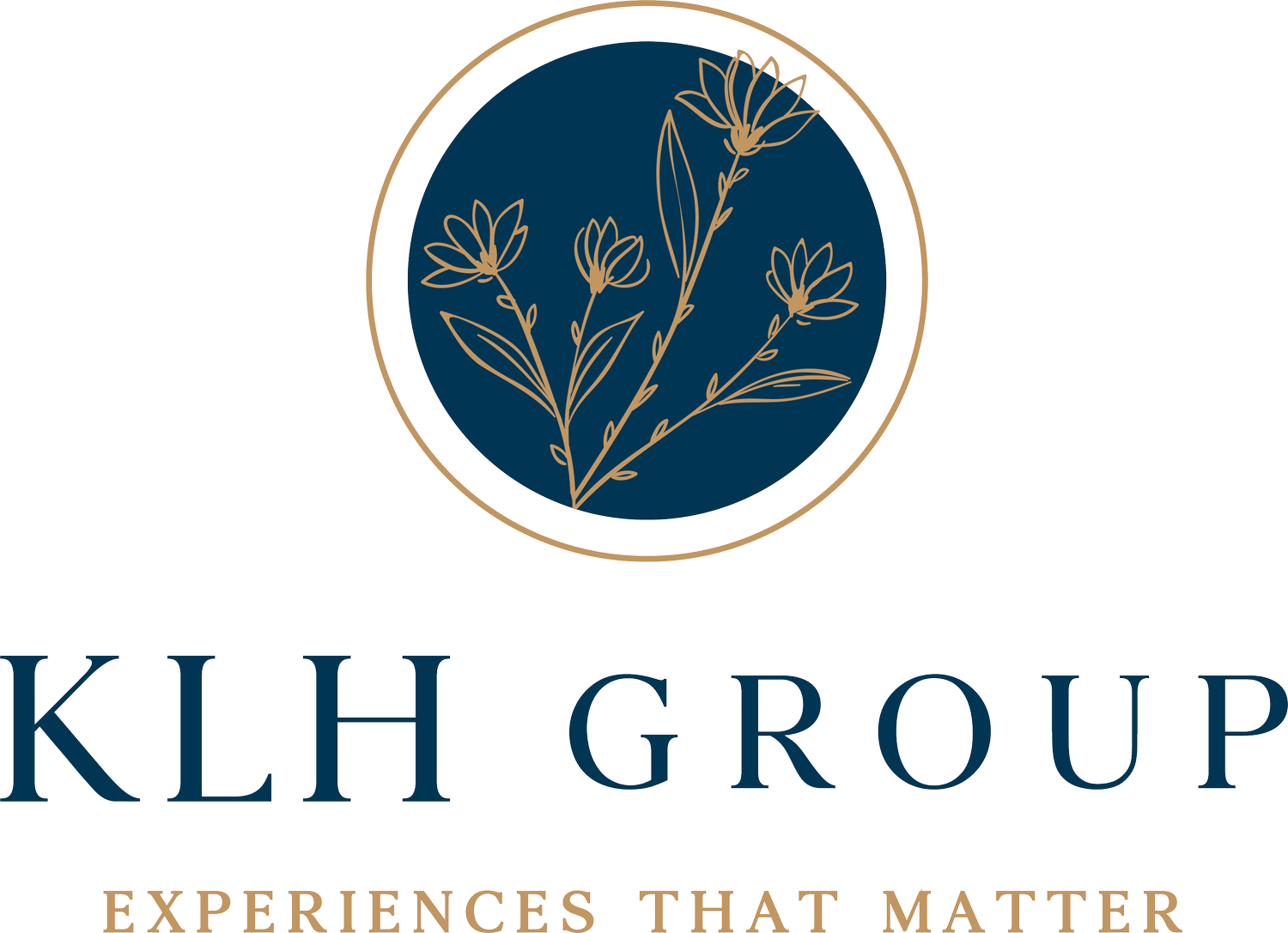Sometimes strategy comes together in a corner conference room of a high-rise office building, a consortium of top minds lining the perimeter of a sprawling mahogany table. The process could take hours or even days, fueled by continental breakfasts and boxed lunches, and guided by an agenda with a dozen PowerPoint decks.
And sometimes strategy is less grandiose. Sometimes it lacks the luxury of forethought, process, debate, and catering. Sometimes it happens just about the same time the need for it becomes apparent.
In a small village in Uganda, preparedness for a missionary health clinic is more scramble, less strategy. It’s not that African villagers can’t plan or consider; they simply need to conserve more of their resources for simply doing. Only when they are faced with an imposed go-time is it truly time to go – the movement is messy and often inefficient, but still inspirational to watch it assemble. It is a strategy in its own right, with its own Swahili name: Mkakati.
Pronounced kah-kahtee, it is a phenomenon we witness every time we are in Africa with One World Health. The villages we visit operate in a near constant state of need. Basic need. When most moments of most days are dedicated to the barest life-sustaining aims, there is little time or tolerance for forward-thinking. And yet, when a community has the opportunity for a One World Health clinic, it mobilizes with order and intention. Every villager knows that in order for their families to receive treatment, the village must first meet clear criteria: a pastor-in-charge, translators, accessible water, latrines, partitioned triage areas, a straight line of benches to serve as a queue. Individual members of this community might live in daily chaos, but they understand that getting medical care to 400 of their own in one day requires more orderly effort. A strategy. Mkakati.
Seeing it come together, time after time, has been so inspiring. It’s something I’ve been thinking about a lot lately.
With Mkakati, those villagers achieve what ordinarily seems out of reach. They apply that strategy because they know what can result, and how much is at stake. It is worth the effort, the time, the resources. It changes lives, not just moments in those lives.
With a stubborn hunch that this notion could apply to what we do at KLH Group, we’ve begun to construct the fourth pillar of our business. Our destination management, event production, and social impact services are strong, and overlap beautifully as needed and where possible. Our newest arm – named, of course, Mkakati – will offer our clients a more comprehensive, long-term philanthropic strategy, from local humanitarianism to global citizenship.
How will Mkakati differ from what we are already doing? What will it look like in practice? How will it further the missions of our new and existing clients? Let’s use as an example an industry leader that has partnered with us to put on a social impact event that blends corporate fellowship with meaningful philanthropy. Company executives spend a day constructing backyard clubhouses for a dozen pediatric cancer patients while the children and their families enjoy some luxury and recreation at the adjacent Lowcountry resort. Atday’s end, the kids get the “keys” to their own sacred spaces, the parents have been gifted a rare day of reprieve, and more than 100 members of the organization’s leadership have experienced the joy of giving back.
This is a wonderful scenario. And for us, it never gets old. We delight in (and, okay, sometimes choke up over) the generosity of our corporate partners. We believe in the power of people, and would never have the hubris to think that we’ve tapped into something revolutionary.
It’s just that, now, we believe we can offer something more evolutionary.
What if we brought those same 12 families back to our next event with that company? Or if we asked those 12 families to nominate 12 more kids for that company to support at its next event? How about if we were to thread a commonality through the next eight events already on the books for 2021, so that by year’s end, that partner company is able to deliver metrics demonstrating a different kind of impact born from a different kind of strategy? A strategy that is farther-reaching and innovative, mission-aligned and impactful, accelerating and evolutionary?
Freshly galvanized by the clubhouse build, our client asks, “What’s next?” Engaging our Mkakati program, we set aside two days for a deep dive with the company’s events team and decision leaders. We assess the organization’s aim to serve, their target beneficiary, their desired messaging, the scope and style of events they’d like to design, and the ultimate goals of each. Armed with a holistic view of their events over the next year, we then spend the next eight weeks completing a needs analysis of the beneficiaries, designing a practicable storyline, and curating projects exclusively for this client.
Where the social impact event is an important pause on a company’s everyday operations, Mkakati is a pathway that runs in tandem with its operational goals. It does not merely check a CSR box on the corporate calendar or mark the achievement of an annual giving campaign. Partnering with KLH Group over the course of a year, or even a decade, our corporate partners maximize the value of event spending, increase philanthropic impact, grow employee engagement, and make every single event more memorable.
Just as in Africa, Mkakati is neither particularly easy nor fundamentally required. But when it is employed, it is a source of pride and life-change. That Swahili notion of strategy is always – not sometimes – truly remarkable.


